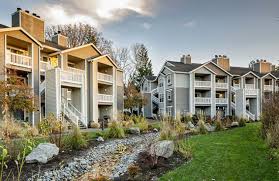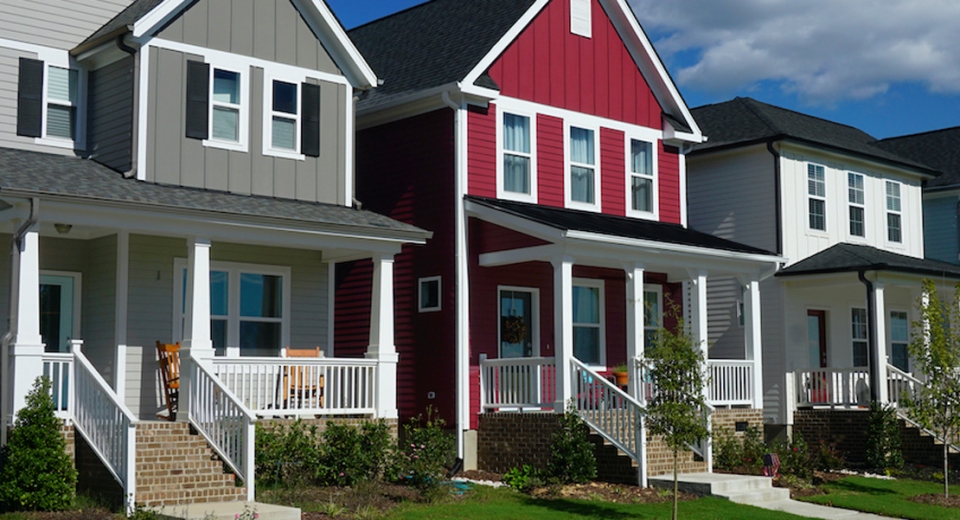Maximizing Your Profits: Tips for Investing in Portland Rental Properties
Investing in Portland rental properties is one of the most popular ways to generate passive income. The rental market in Portland, Oregon, is thriving, and investors are taking advantage of the high demand for rental properties. In this article, we will provide tips for maximizing your profits when investing in Portland OR rental properties. Introduction…
Read more


